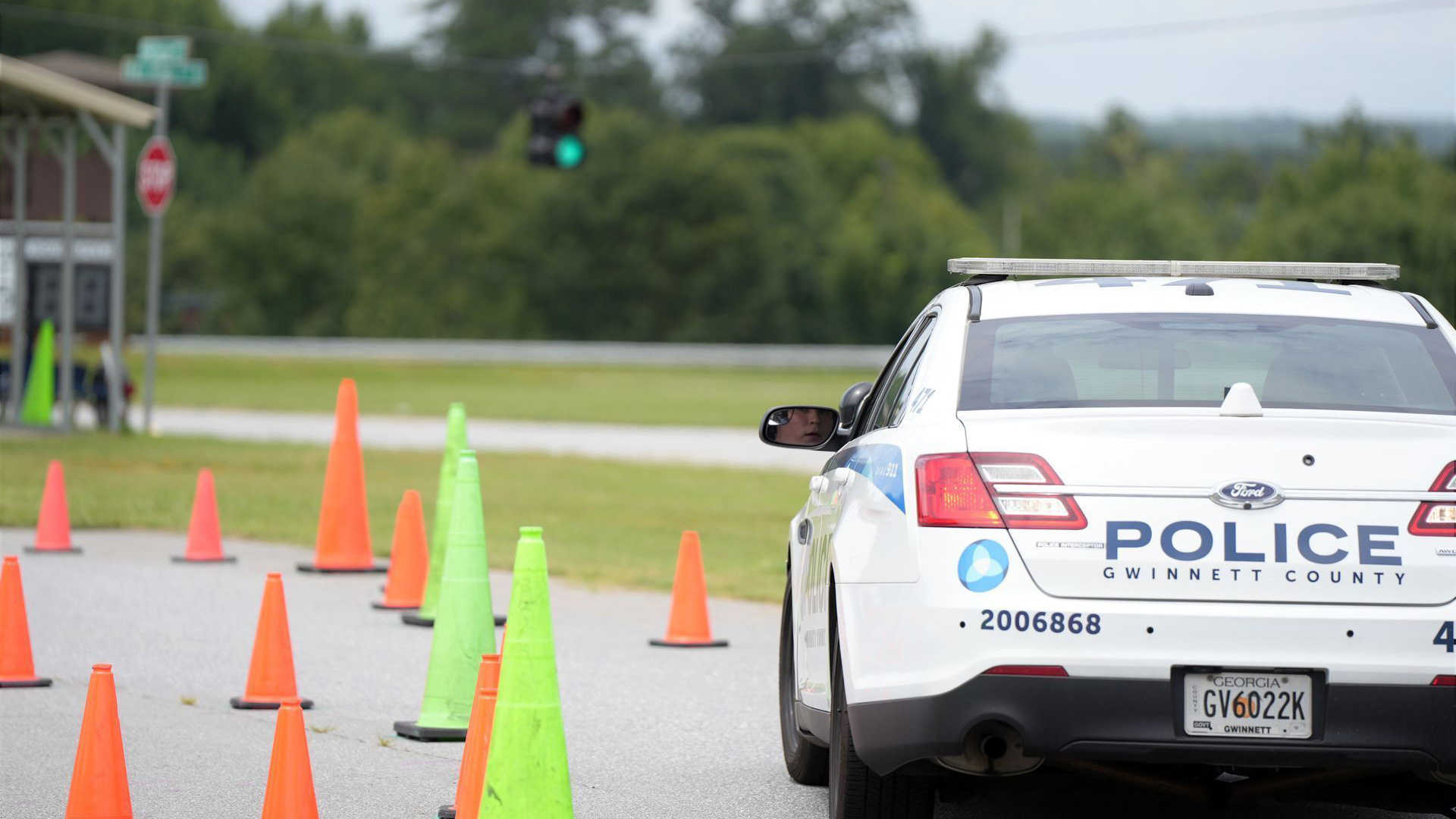
When the Gwinnet County Police Department opened its in-house Gwinnet County Police Training Center in 1972, it was the first of its kind in Georgia. A half-century later, the department and its academy remain leaders among the state’s law enforcement.
“Only four other police departments in Georgia operate their own training academy and Gwinnett was the first county police department to open an academy in Georgia,” Sergeant Jennifer Richter told the Gwinnett Daily Post. “Our academy is certified by the Georgia Peace Officer Standards and Training Council and recently earned separate accreditation from the Commission for Accreditation of Law Enforcement Agencies.”
When the academy first launched, it graduated one class per year. Now, the center has three academy classes per year.
The police department is currently hiring recruits for its 115th academy class. Recruits must log 408 hours of basic training in addition to 460 hours of advanced training.
The academy has also upgraded its facilities over the years, beginning in a small chapel and then transferring to three other facilities. The training center’s current facility opened in 2007 after receiving funding from a special-purpose local option sales tax. It consists of 35 acres of land in Lawrenceville with six classrooms, a gym, a conference room, staff offices, an indoor firing range and a 14-acre driver’s training track. Classrooms are also being added to the facility.
“Last year, construction began on a new building that will be attached to the current academic building,” Richter said. “Once completed, all recruit training will take place there with new classroom space, a large amphitheater, and additional staff offices. The current academic building will be used exclusively for continuing education for officers and civilian staff.”
Having its own training center keeps the police department up to date with its annual training sessions.
For example, existing officers and staff use the academy for firearms qualifying and continuing education. Classes cover Intermediate and Advanced Certificates from POST, in addition to certifications for General Instructor Certification, Firearms Instructor and EVOC (driver training) Instructor.
Civilian staff such as 9-1-1 operators are also offered courses at the center, such as the Basic Communications Officer Course.
Richter added that having an in-house training facility helps save the department money.
“There are a multitude of benefits to operating our own training facility, not the least of which is that better trained officers provide better service to our residents,” Richter said. “We also save money by offering training in-house at a centrally located facility, cutting down on travel costs, fees, and overtime for training offered outside our agency. As our community continues to grow and change, so does our agency, and our training facility is able to introduce new and cutting-edge techniques to our officers as we evolve to meet the needs of our community.”





